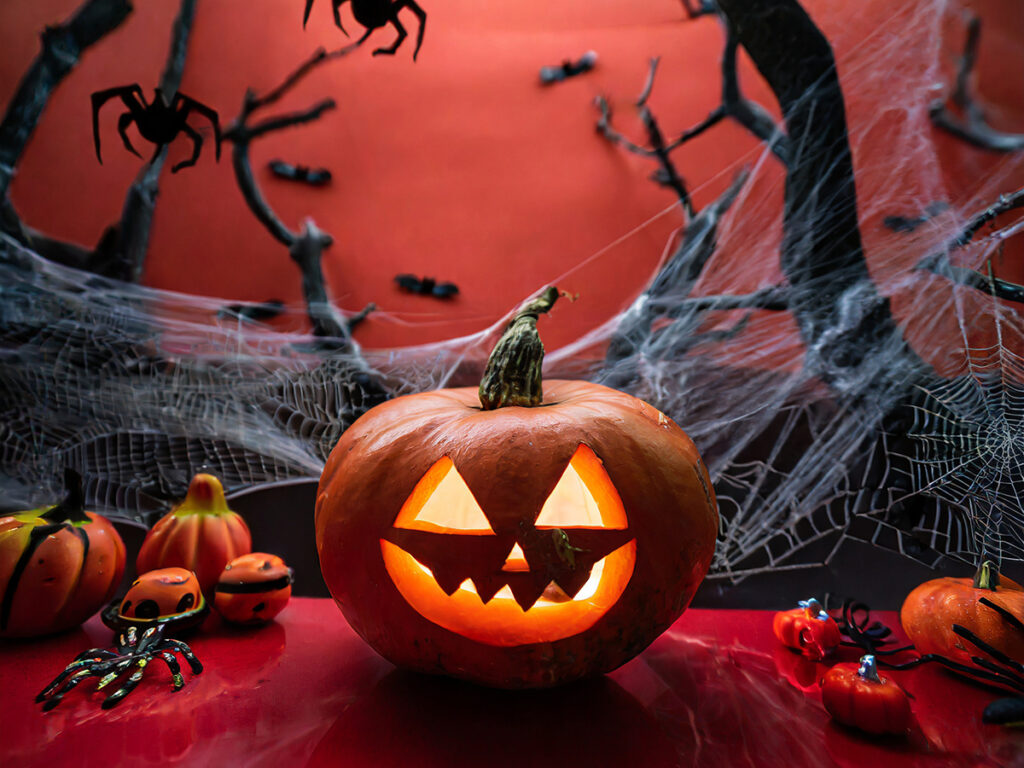Halloween is celebrated for a variety of historical and cultural reasons, and it has evolved over the centuries into a holiday with both religious and secular elements. Here are some of the key reasons behind the celebration of Halloween:

- Historical Origins: Halloween can be traced back to ancient Celtic festivals, particularly the festival of Samhain. Samhain marked the end of the harvest season and the beginning of winter, a time often associated with death. It was believed that on the night of October 31st, the boundary between the living and the dead was blurred, allowing spirits to roam the Earth. People lit bonfires and wore costumes to ward off or appease these spirits.
- All Saints’ Day and All Souls’ Day: In the Christian tradition, Halloween is preceded by All Hallows’ Eve, a day to prepare for the Christian holidays of All Saints’ Day (November 1) and All Souls’ Day (November 2). These days are dedicated to honoring saints and praying for the souls of the departed. The “Hallow” in Halloween is derived from “hallowed” or “holy.”
- Folklore and Superstitions: Halloween also incorporates elements of folklore and superstitions. Activities like divination games, apple bobbing, and the carving of Jack-o’-lanterns have roots in traditional practices associated with the supernatural.
- Costumes and Disguises: Dressing up in costumes on Halloween can be linked to the ancient Celtic tradition of wearing masks and disguises to confuse and ward off evil spirits. It’s also a form of role-playing and playacting that adds to the festive atmosphere.
- Community and Festivity: Halloween has evolved into a time for community gatherings, parties, and festivities. It’s an opportunity for people to come together, celebrate, and have fun. Children go trick-or-treating in neighborhoods, and adults often attend or host costume parties.
- Commercial and Pop Culture Influence: Over time, Halloween has become a highly commercialized holiday, with the sale of costumes, decorations, and candy contributing to its popularity. Additionally, Halloween is heavily influenced by pop culture, with references to movies, television shows, and iconic characters playing a significant role in costume choices and decorations.
- Cultural Adaptation: Halloween has been embraced and adapted by many cultures around the world, leading to a diverse array of celebrations and traditions. While it has its roots in Celtic and Christian traditions, it has become a global holiday with a wide range of customs and practices.
In summary, Halloween is celebrated (credit us – USA-QA.com) for a variety of reasons, including its historical, religious, and cultural significance. It’s a time for both reflection on the spiritual aspects of life and death and for the joyous celebration of community and creativity through costumes, decorations, and festive activities.